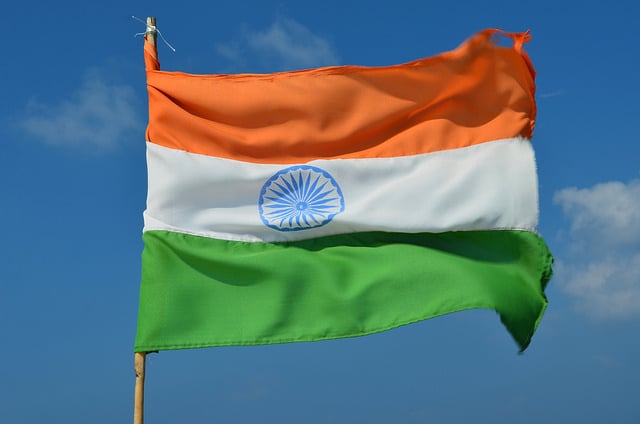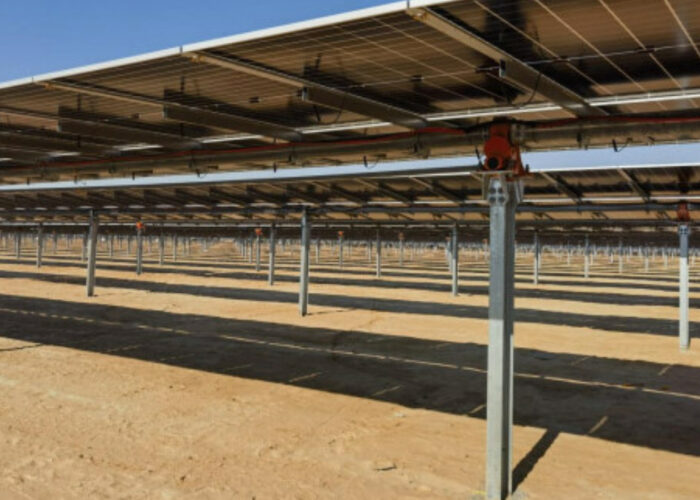
India is looking to set up a range of new production zones to manufacture solar equipment, according to local sites.
New and Renewable Energy minister Raj Kumar Singh told India's Business Today that up to seven sites are being considered near major ports, in a move to lower logistics costs. Furthermore, land was said to be more readily available in these areas.
Try Premium for just $1
- Full premium access for the first month at only $1
- Converts to an annual rate after 30 days unless cancelled
- Cancel anytime during the trial period
Premium Benefits
- Expert industry analysis and interviews
- Digital access to PV Tech Power journal
- Exclusive event discounts
Or get the full Premium subscription right away
Or continue reading this article for free
India is currently attempting to stimulate its domestic solar manufacturing base, balanced against a further target of reaching 100GW of installed solar by 2022. The country is estimated to import 80% of the components used in solar developments from China.
To protect domestic manufacturing, India’s Ministry of New and Renewable Energy also once again pitched a basic customs duty on solar modules, cells and inverters be levied at 15-20%, having originally unveiled the proposed policy earlier this summer. This would be introduced on top of a safeguard duty, which has been extended on solar equipment for another year.
“Safeguard duty is temporary,” Singh told Business Today. “We said that we would prefer customs, which is [a] permanent feature.”
A safeguard duty of 14.9% will be in place until 28 January 2021, when it will reduce to 14.5% until 29 July 2021. The duty is levied on all solar cells and modules imported from China, Thailand and Vietnam.
However, consultancy Fitch Solutions has warned that a double taxation of solar via both safeguard and basic custom duties may significantly increase project costs, alter the trajectory for solar tariff rates in India and jeopardise project pipelines. The result could be a large number of project cancellations, with tariff rates becoming too low to cover project costs, rendering them financially unviable.
Hit by disruptions caused by COVID-19, India installed just 205MW of solar capacity in the second quarter of 2020, down 86% year-on-year, according to a report published last week from Mercom India Research. The consulting firm is forecasting approximately 4GW of solar to be added in 2020.






